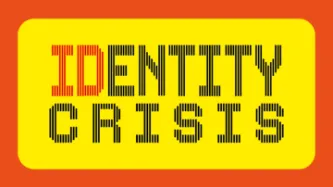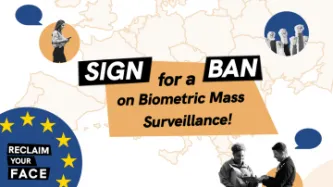Search Taxonomy Terms
EdTech needs Schooling
Students shouldn’t have to trade their right to privacy in order to access their right to an education.
Identity Crisis
Identity systems create and facilitate exclusion, insecurity, and surveillance.
UN Cybercrime Treaty must protect Human Rights
The United Nations have initiated a process to negotiate an international treaty on cybercrime (more specifically, a comprehensive international convention on countering the use of information and communications technologies for criminal purposes). An open-ended, ad hoc intergovernmental committee of experts (Ad Hoc Committee) was established to conduct the negotiations which are expected to continue until at least the end of 2023. The Ad Hoc Committee shall convene at least six sessions, of 10 days each, to commence in January 2022, as well as a concluding session in New York, and conclude its work in order to provide a draft convention to the General Assembly at its seventy-eighth session (i.e. in 2024).
PI believes that cybercrime can pose a threat to the enjoyment of human rights. At the same time, we are concerned that cybercrime laws, policies and practices are currently being used to undermine human rights. This is why we are actively participating in the UN negotiations to ensure that any proposed cybercrime treaty includes human rights safeguards applicable to both its substantive and procedural provisions.
Stop GPS tagging migrants
Fighting the GPS tagging of migrants in the UK's 'hostile environment'
Managed by Bots
PI together with Worker Info Exchange (WIE) and the App Drivers and Couriers Union (ADCU) are challenging the surveillance techniques deployed by some of the biggest companies in the gig economy sector.
Best Before Date for our devices
Demanding device sustainability through long-term software support and transparency from manufacturers.
Get out of our face, Clearview!
Our legal action against a company that collects photos of you and your loved ones online.
Free to Protest (UK)
The 'Free to Protest' campaign highlights the range of surveillance tools that the police can use to monitor and identify you if you attend a protest, and how you can better protect yourself from protest surveillance.
Ban biometric mass surveillance
We, with over 40 other organisations, are asking the European Union to ban mass biometric surveillance. If you’re a European Union citizen, join us in signing our European Citizen’s Initiative.
If 1 million of us step up - we can force the European Commission to take on biometric mass surveillance properly









